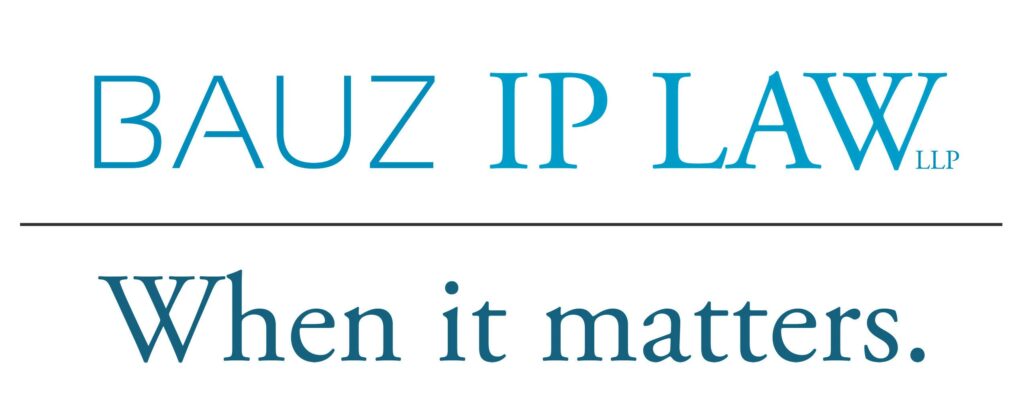Companies today, especially with minimal in-house legal resources, require objective advice at an advantageous price point. Thane utilizes statistical models and his twenty-nine years of litigation experience for early case assessments, assistance with settlements, IP capture and licensing negotiations. Thane also directly assists in-house counsel as a consultant on litigation budgets, bills, staffing and strategies.
In-house Counsel FAQs
Why should we hire Thane as de facto in-house IP counsel?
Thane served as IP counsel for The Boeing Company. When combined with twenty-five years of working in global law firms, Thane knows how to help his clients overcome IP-related challenges.
Isn’t hiring de facto in-house IP counsel cost prohibitive?
No. Thane does not bill hours in the capacity of de facto in-house IP counsel work. The arrangement is easy to budget and optimal for avoiding the high cost of overhead and benefits. As a member of Bauz IP Law, as needed he also can be tasked with work reserved for outside counsel.
Does Thane serve as “shadow counsel?”
Yes. As “shadow counsel,” Thane directly and confidentially reports to the in-house team. Combining his 29 years of legal experience with powerful analytics, Thane has useful information that the in-house team cannot access. It helps clients formulate new and efficient solutions to existing IP problems.
Are there disadvantages to using litigation counsel for settlement discussions versus Thane as a de facto in-house team member?
Yes. Litigation counsel is partial to their case theories and wants to “win” for their clients. This creates a dynamic between the warring litigation teams that is counterproductive to settlement. As de facto in-house IP counsel, Thane seeks reasonable compromises, not litigation victories.
Is motion practice overused and wasteful?
Yes. Judges often criticize IP litigation counsel for filing too many motions. Publicly available statistics substantiate their criticism. Thane can help companies avoid unnecessary and expensive motions.
Can Thane help us manage outside counsel?
Yes. That’s what Thane did as in-house counsel at The Boeing Company. He knows how to communicate with outside counsel to maximize efficiency and establish boundaries. The best law firm partners appreciate a better understanding of their clients’ expectations.
Can Thane help with transactional matters?
Yes. Clients need to identify and quantify the value of IP business opportunities. With the help of analytics and experience, Thane can help assess strengths and weaknesses of IP-related transactions such as joint development agreements, research development agreements, patent purchase agreements, and cross-licenses to name a few.
As de facto in-house counsel, can Thane also handle matters that are traditionally reserved for outside counsel
Thane’s ability to wear two hats is an unparalleled benefit hiring him. While inexpensively serving as de facto in-house IP counsel, Thane can efficiently serve as outside counsel as needed. For example, while Thane is supporting settlement negotiations, Bauz IP Law can efficiently handle non-adversarial court filings.
Interested? Get in touch
Please contact Bauz IP Law if you’re considering patent portfolio analysis for your business. Telephone 858.987.4028 or fill in our online contact form.

